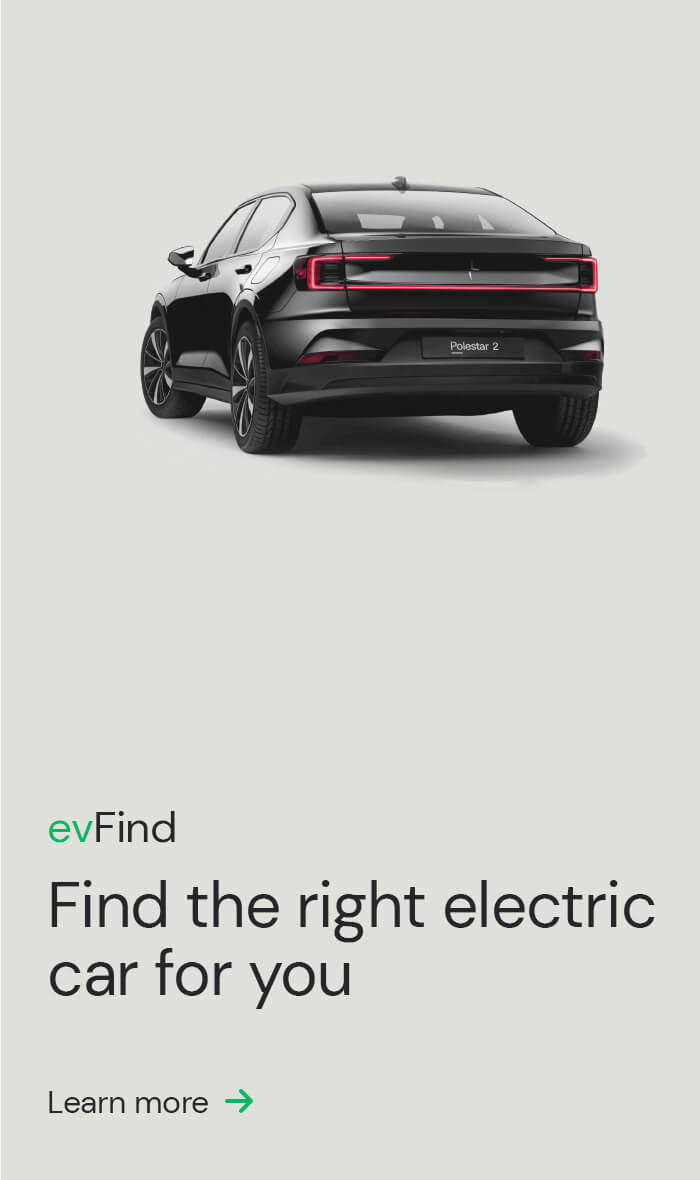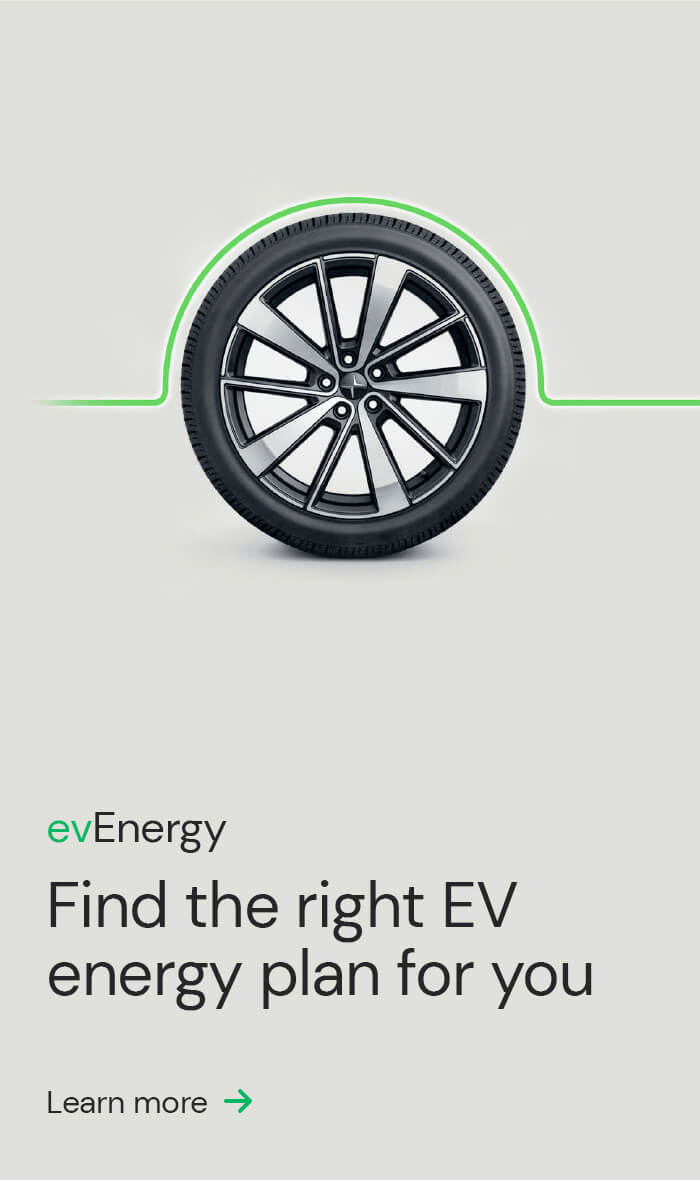As every electric vehicle owner knows, the battery is the beating heart that keeps the wheels spinning. In terms of its longevity, you may be curious whether your EV’s battery will age gracefully and how long it will last.
Battery technology has never been better, and they do have long lifespans. When they eventually reach the end of the road, however, you’ll be pleased to know it’s possible to replace or upgrade the battery and keep enjoying your car well into the future.
How long does an EV battery last?
Most EV batteries last anywhere between ten and twenty years. In Australia, most manufacturers offer warranties that cover your battery for eight years and around 160,000km, whichever comes first.
These warranties are usually separate from the coverage on the rest of the vehicle, and there may also be a clause that states a minimum 70% retention of battery capacity over the warranty period. The manufacturer will replace or repair if anything goes wrong with your EV battery during the warranty period.
How can I replace or upgrade my EV battery?
Every EV battery will degrade over time and lose its capacity to hold power. Given that they last upwards of ten years and the average age of an Australian car is 9.9 years, you may never even need to replace it.
If you do, however, and your battery warranty has expired, you can speak to a qualified EV technician about a replacement.
If you want your electric vehicle to have more power, a more extended range, and be faster than ever, consider upgrading to a larger battery. While not impossible, it may be trickier if your model’s technology or charging system also needs modifying. Your technician can advise if upgrading is possible on your model.
Things to consider before replacing or upgrading your EV battery
When considering an EV battery upgrade or replacement, consult an authorised dealership or EV service provider for advice. Since replacements and upgrades can be expensive, establish whether the benefits and performance justify the expense by calculating the potential savings on fuel and maintenance over the life of the new battery.
Don’t forget to consult your expert on how the battery will be recycled. About 90% of its components can be recovered, meaning they don’t go to landfill.
Reassuringly, as technology advances in the EV universe, the possibilities for battery replacement and upgrades are likely to expand, providing more options for future-proofing your electric vehicle.
Summary
- Most EV batteries last anywhere between ten and twenty years.
- Most manufacturers offer warranties that cover EV batteries for eight years and around 160,000km, with a minimum 70% retention of battery capacity over the warranty period.
- Upgrading your battery to a larger, more powerful one may not always be possible.
- Before replacing or upgrading your EV battery, calculate whether the investment is worthwhile and check to see how it will be recycled.
Are you considering making the switch to an electric vehicle? ActewAGL can help you effortlessly find, finance and charge your EV. Discover how ActewAGL can support your transition to sustainable driving today. Find out more here.
Sources
https://www.tesla.com/en_au/support/vehicle-warranty
https://www.recurrentauto.com/research/costs-ev-battery-replacement
https://electricvehiclehub.com.au/information-centre/can-you-recycle-your-electric-car-battery



